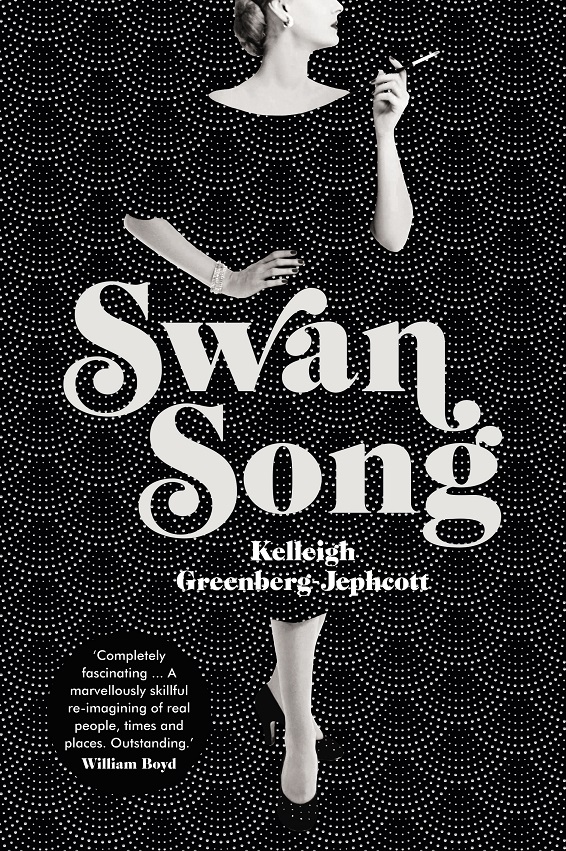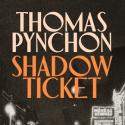Here you will find Babe Paley, Slim Keith, CZ Guest, Gloria Guinness, Lee Radziwill, Marella Agnelli, the stylish leaders of society, gorgeous, gilded, well-married ladies: the men they were with – billionaires, corporate and cultural leaders – defined them. As did their shared best friend over several decades, the writer Truman Capote (1924-1984). Capote was their improbable confidant, the vertically challenged, blond, dirt poor gay boy-man up from Alabama to New York, with a captivating self-invented persona, bolstered by the great talent which made him a wildly successful writer.
Born to a crazed, out-of-control 17-year-old, the “Tiny Terror” had a traumatised childhood, leavened by some relative benevolence and a friendship with a contemporary who became the famed Harper Lee. And then… The narrative of this novel, free-wheeling over the decades, opens with his unthinking betrayal of all he had won so hard and held so dear: they – his “Swans”, those golden ladies – told him everything and then he told everyone else. We enter the world of international society as Capote bargains with an editor at Esquire to serialise his mostly unwritten roman-à-clef, Answered Prayers, in which scandals attached to thinly disguised socialites form riveting anecdotes in what Capote claims to be a chapter in a major novel to come.
 Irony heaps on irony: Capote’s most famous book In Cold Blood, published in 1966, is also a fictionalised reportage of real events, shaped into a novel, itself a narrative of a seemingly psychopathic, absolutely cold-blooded murder in 1959 of the four members – mother, father, two children – of a Kansas farming family. With his friend Harper Lee, Capote spent years meeting investigators, the community and the murderers themselves. He saw the trajectory of the crime through to the end, witnessing the execution by hanging of the two convicted murderers, which traumatised him thereafter.
Irony heaps on irony: Capote’s most famous book In Cold Blood, published in 1966, is also a fictionalised reportage of real events, shaped into a novel, itself a narrative of a seemingly psychopathic, absolutely cold-blooded murder in 1959 of the four members – mother, father, two children – of a Kansas farming family. With his friend Harper Lee, Capote spent years meeting investigators, the community and the murderers themselves. He saw the trajectory of the crime through to the end, witnessing the execution by hanging of the two convicted murderers, which traumatised him thereafter.
And now here we have Kelleigh Greenberg-Jephcott’s Swan Song: a fictionalised narrative of Capote’s life and times, it is hypnotically fascinating. It is her first novel, garnering prizes along the way even before publication, tribute to her ardent participation in famous writing courses: she is a Houstonian transported to England. The narrative is often multi-faceted, a co-operative “we” standing in for all the ladies so we don’t quite know which one is describing the web of social interaction. There are also plenty of descriptions of Capote’s state of mind, provably accurate – ten years of research went into the book, the reader is informed, for the anecdotes of parties and trips and meals and chats. It was long before feminism and #MeToo. These very, very rich ladies are defined by their legal male partners, whom they complement by leading the fashionable and influential pack of the élite, standing out by birth, money, looks and style.
Swan Song is told in a sequence of short episodes, in chronological swirls from the 1950s to the 1980s, curling backwards and forwards, some taking place as dreams, hopes and hallucinations from Capote’s point of view, others in endless social conversations. Capote is always interested in the story, a superb listener, and he is amazed when his swans regard the publication of Answered Prayers as a betrayal. What do writers do but tell stories, told them by others, leavened by their own imagination? He assumes they know that, well, writers write; and writers write what they know. Their repudiation after the publication of its first instalment led to Capote’s staggering drug- and alcohol-fuelled decline, described in horrific detail. Self-destroyed, he was dead before he was 60. Writer’s block is shown painfully, and whether he ever finished Answered Prayers, which he regarded as his magnum opus, and then hid the manuscript, remains a conundrum.
High society, the glitterati, entwined with the arts, the literati, mixed with Hollywood, with Broadway, and with politics. It was Capote’s finest and most influential public hour
The Swans moved in a kind of ritualised boredom, leavened only, it seems, by personal chit-chat, a flat-line circuit in the deadly monotony of the idle rich. They had become dependent on Capote’s eagerness to listen, to inject vitality and life and interest into their doings. He filled, our author suggests, the gaping holes in their lives, discovering them to be remarkable. All literature, Capote suggests in Swan Song is gossip. The Swans with their stories say there is no Truman without us, but know equally there is no us without Truman. They have six-hour lunches, they meet on yachts in the Mediterranean, in villas and palaces, on beaches and at resorts, and of course in New York and its surrounding estates and gardens. They are photographed and quoted, in the age before the internet and social media, gobbled up in the glossies and the gossip columns.
We are given an almost hour-by-hour description of Capote’s most (in)famous social invention, his 1966 “Black and White Ball”, men in black masks, women in white – given at the Plaza in New York in honour of his newest friend, the widow Mrs Katherine Graham, proprietor of the Washington Post, and still considered the party of the century. Privacy, breeding, exclusivity and the elite controlled what emerged before the arrival of celebrity obsession; even the 30th anniversary of the party was celebrated with the re-issue of its relatively decorous photographs. High society, the glitterati, entwined with the arts, the literati, mixed with Hollywood, with Broadway, and with politics. It was Capote’s finest and most influential public hour, and forms a mesmerising centre piece.
There are several imponderables: how much will a general audience be fascinated by many of these characters who have faded from all but social history? Perhaps the same one as took to Tina Brown’s Diaries from the later decades of the 20th and the 21st century. Swan Song may even have a greater social purpose, in describing a world within recent memory but now long gone. Capote himself, while he did not understand at all how his betrayal in print appeared to the Swans, did grasp the democratisation – for good and ill – that a club such as Studio 54 initiated. Capote haunted the place, where anything went, and in public, too: it also decisively replaced the privacy of the élite that he so conspicuously destroyed with Answered Prayers.
In the internet age of media madness, no such self-serving privacy seems to exist. But somehow Kelleigh Greenberg-Jephcott has worked a kind of alchemy. Her parade of the self-absorbed is astonishingly readable and horribly fascinating. We can even feel a twinge of sympathy for the pageant of egos, some absolutely monstrous, on display. As a good deed in very naughty worlds there is even a spasm of overriding loyalty: the isolated kindnesses of at least one of the Swans, the gardener and horsewoman CZ Guest, who actually escorted Capote to rehab. It didn’t work.
- Swan Song by Keeleigh Greenberg-Jephcott (Hutchinson, £12.99)
- Read more book reviews on theartsdesk















Add comment